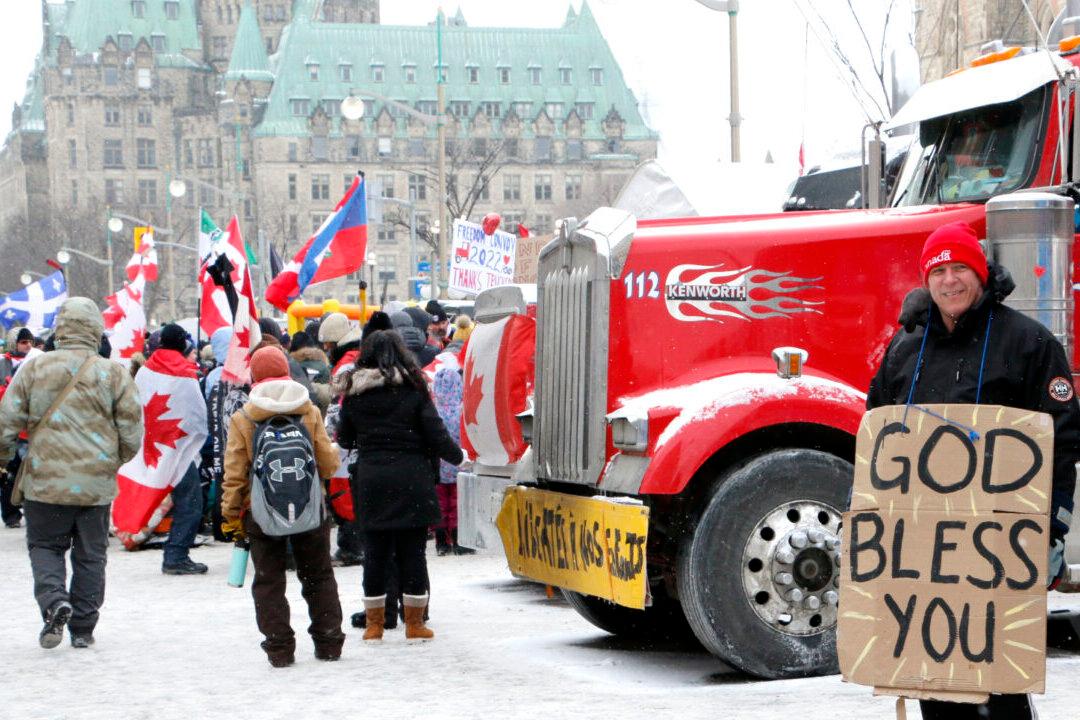The criminal trial of Freedom Convoy leaders Chris Barber and Tamara Lich continued at a snail’s pace on its 10th day. On Sept. 19, the City of Ottawa’s general manager of emergency and protective services (EPS) testified that he feared for the safety of his bylaw officers during the protest in downtown Ottawa in January and February 2022.
“We weren’t sure of the risk level of the individuals involved. We were fearful for the safety of our officers, not knowing what the intent was of the protesters,” Kim Ayotte said when asked about bylaw officers only being permitted to ticket when accompanied by police escorts during the convoy protests.





